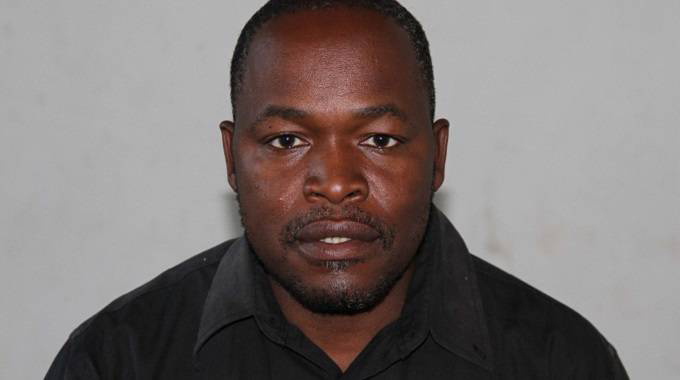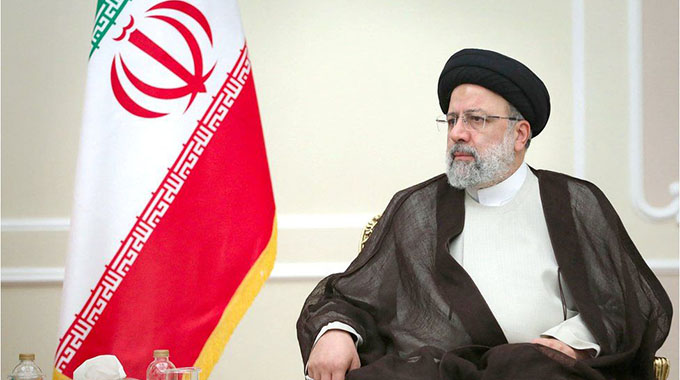Truss: Premier who broke all the wrong records

LONDON. – Liz Truss’s premiership was never going to be an easy one.
Even during the Conservative leadership contest, when she was clear that despite the tough economic times the country was facing and people’s craving for stability, she planned to do things differently.
Her rival Rishi Sunak warned of her “fantasy economics” and critics such as Michael Gove suggested she was “taking a holiday from reality”, but a powerful coalition of Tory members, Boris Johnson supporters and the rightwing press weren’t listening.
The Queen’s death brought a period of national mourning – and an opportunity to introduce herself to the public, while getting her feet under the desk at Downing Street without the intense scrutiny that usually accompanies the arrival of a new prime minister.
A brief trip to the United Nations in New York passed off relatively smoothly, with Truss taking the prospect of a US trade deal off the table before she even got off the plane, and sounding tough on Russia over Ukraine while having built bridges with France’s Emmanuel Macron after her misguided “friend or foe” comments.
As a former foreign secretary, she was in comfortable territory among the international diplomats in a series of pre-organised meetings and little contact with the press or public. Yet the signs were already there. The US president, Joe Biden, tweeted that he was “sick and tired” of trickle-down economics, in an apparent swipe at Truss.
Within 24 hours of touching back down in the UK, it had become clear that she and Kwasi Kwarteng hadn’t spent their time wisely.
Over coffee and biscotti, she and her chancellor put their final touches to their disastrous mini-budget that would fatally undermine her authority and permanently damage the Tories’ reputation for economic competence.
Over that weekend, her budget fell apart. Kwarteng’s attempts to steady the ship before the markets opened on the Monday went terribly wrong after he told the BBC there was “more to come” on tax cuts from the new government, prompting the pound to slump and gilt yields to spiral.
It took Truss days, after the Bank of England was forced to take emergency action, to emerge.
Before the Tory party even got to Birmingham for its annual conference, Truss was on the rocks. Even though many critical MPs stayed away, the anger was already bubbling over her about government’s mis-handling of the economy. A humiliating U-turn on her plans to cut the top 45p rate of tax did little to appease them.
Meanwhile, her risible attack on the “anti-growth coalition” – a group of just about everybody apart from free market Tories – in her conference speech, combined with her promise of more “disruption” to the status quo, unsettled even some of her closest allies.
But if Truss thought that party conference was her moment of highest peril, her return to Westminster was even worse. Downcast Tory MPs trudged around the parliamentary estate, telling anybody who would listen that the prime minister was out of her depth and that her days were numbered.
It was clear the end was in sight. After yet another tumultuous few days, and with Kwarteng away in Washington, she decided that her only route to survival was sacking her chancellor. A painful press conference was an illuminating moment for any MPs still left wondering whether she was up to the job.
Within hours, Truss had handed over almost all power to Jeremy Hunt, her new chancellor, who quickly buried her entire economic strategy. Unsurprisingly, Tory MPs were left asking what now was the point of her? Plotting escalated, with desperate attempts to work out how to oust the prime minister and who they could unite behind.
Truss doubled down, insisting she was a “fighter not a quitter” at prime minister’s questions on Wednesday – a remark that was laughed off by Labour MPs. A chaotic afternoon followed, with Truss losing her home secretary, Suella Braverman, and then her chief whip over a disastrous fracking vote in which Tory MPs were “jostled” and “manhandled” into the voting lobbies. Within hours, the chief whip appeared to have been reinstated.
As for Truss, she will enter the history books as the prime minister with the shortest tenure in office, replacing George Canning, who had held the role for 119 days when he died in 1827.
The rapid demise of Truss, in just the latest bout of turmoil to hit Westminster – has prompted many Conservative lawmakers to openly despair about the state of Britain’s most successful political party.
Asked if they could recover from this, one lawmaker replied: “Never in a million years.”
The main opposition Labour Party – and many voters – have called for a general election. “She’s not been voted in and certainly, the policy decisions she made, none of the British people asked for any of those,” 50-year-old Kelly Rodgers said outside Downing Street. “So (it’s) right and proper she should go.”
“But equally, she’s just symbolic of her party – it’s absolute chaos.”
Meanwhile, the eputy Secretary of the Russian Security Council Dmitry Medvedev has derided Liz Truss’ poor performance in office, by joking that she deserved a Nobel Prize for collapsing the national economy, TASS reports..
“The Nobel Prize in economics for the speediest destruction of the national finance system should be awarded to Truss,” Medvedev wrote on his Telegram channel. – Agencies








Comments